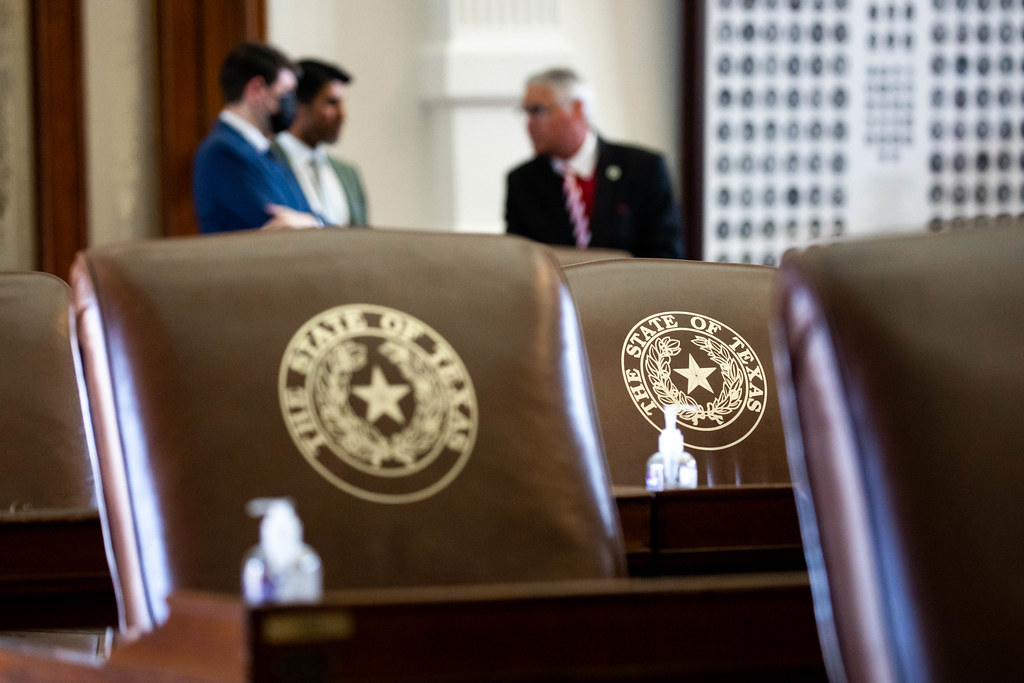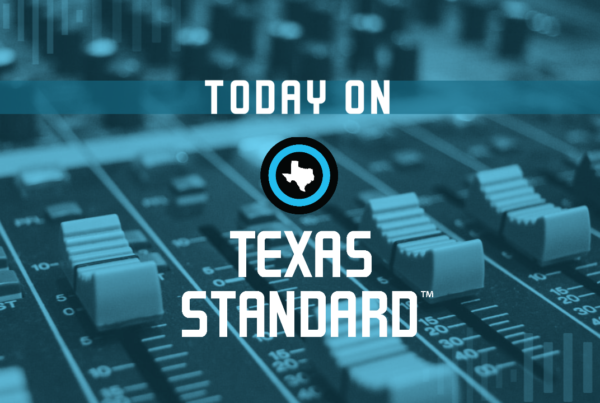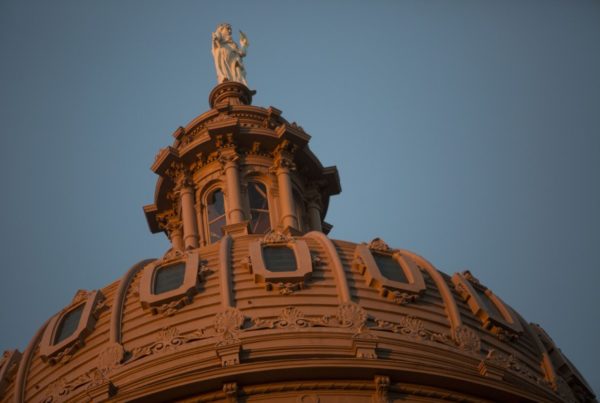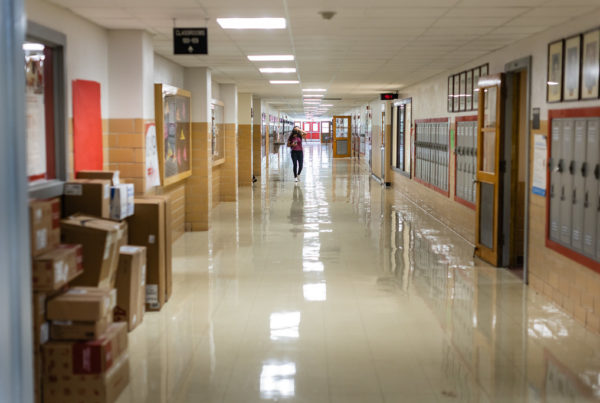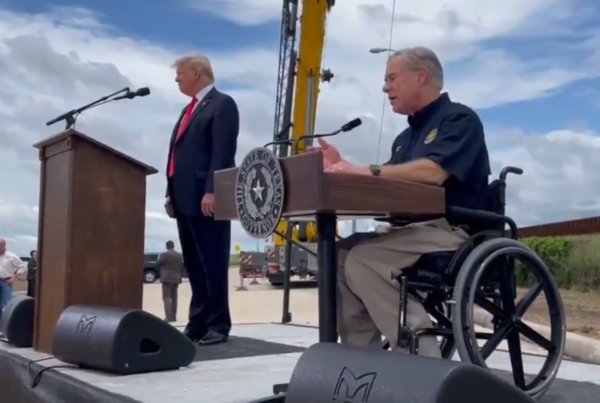The Texas Legislature on Thursday concluded its second special session, which resulted in stricter voting regulations and bills addressing critical race theory and more.
Scott Braddock, editor of the Quorum Report, looked back at the Legislature’s business this year which has so far included a regular session and two special sessions to consider what he termed “a buffet of red meat conservative issues.” Owing to the protracted time at the legislature – spurred by two quorum breaks and Gov. Greg Abbott’s insistence lawmakers not adjourn until they passed an elections bill – Braddock says it’s not surprising lawmakers opted to gavel out a few days shy of the special session’s 30 day limit. “Lawmakers are absolutely miserable,” he says.
Despite the partisan acrimony and passage of Gov. Abbott’s priority election bill, the conservative legislation kept on coming. The session concluded with the passage of legislation addressing critical race theory (CRT) and the way racism is addressed in schools.
As with their decision to end the quorum break, “Democrats amongst themselves were divided,” Braddock said. While some eyed a chance a to kill the CRT legislation, others opted to work toward what they saw as a “a little more palatable” version of the legislation, allowing them to “wrap up on Thursday and end the cruel summer. And that’s what ended up happening.”
Another bit of business that wasn’t concluded until the session’s end: restoring funding for the Legislature, which Abbott zeroed-out after the Democrat’s first quorum break. Calling the governor’s funding veto “a petty, constitutional power grab,” Braddock argued that restoring their funding should have been lawmakers’ first priority – not their last. “Now the precedent is set. If a governor is not getting the specific pieces of legislation that they want, they can call out the legislative branch and give them a chance to restore (funding) themselves.”
One item that stole headlines during this second session was the Supreme Court decision to allow
Texas’ ban on abortions to take effect . That bill was approved during the regular session and signed into laws by Gov. Abbott on Sept. 1.
Yet another special session is looming, to redraw political maps. One potential wrinkle: two Democratic lawmakers have sued, arguing that under the state constitution, redistricting can’t be taken up during a special session. But lawmakers are expected to return to Austin soon and there is speculation that a measure allowing for future, Arizona-style, “election audits” – or, as Braddock calls it, “another way to try to appease those supporters of former President Trump who believe the election was stolen from him” may be on the table.
Texas is front and center on the national stage again, after a Supreme Court decision allowing its ban on abortions to take effect.
That law was passed during the Texas Legislature’s regular session.


